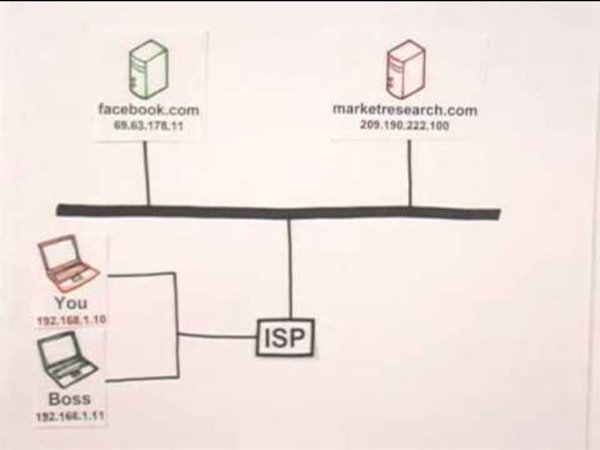



http://www.youtube.com/watch?v=7_LPdttKXPc
Related: Infrastructure internetPolice embracing tech that predicts crimes New technology allows police to predict crime before it happens, but some agencies can't afford the software. Predictive analytic software PredPol anticipates future crime based upon past activity. The program was adapted from similar software meant to predict earthquake aftershocks.Many police stations still use obsolete technology due to small budgets and aversion to change.Even so, police depend heavily upon social media to solve crimes. Sign in to Office 365 Type the email address of the account you want to sign in with. We're having trouble locating your account. Which type of account do you want to use? Sign in to Office 365 Which type of account do you want to sign in with?
HTML Marquees Sometimes you might want your text or photos to continuously "scroll" across the screen. Or maybe you'd like it to zoom in from the side, then stay there. Or perhaps you'd like it to bounce back and forth across the screen. All these things are possible using marquees. There are two main methods for creating marquees (without using JavaScript). Blogs You've seen the word, you've seen the web sites and you may even have one. But have you ever wondered: What's the big deal about blogs? To make sense of blogs, you have to think about the news and who makes it. We'll look at news in the 20th vs. the 21st century to make our point. Whois.com - Free Whois Lookup Whois search for Domain and IP Frequently Asked Questions What is a Whois domain lookup?
How Government Did (and Didn't) Invent the Internet Last night, I happened across an article by Slate technology scribe Farhad Manjoo. He was responding to an opinion piece in the Wall Street Journal by the Journal’s former publisher Gordon Crovitz. And when Manjoo explained just what Crovitz was opining about, I felt my jaw drop to the floor as if I were a character in a 1940s cartoon. Crovitz, apparently riled up over Barack Obama’s “you didn’t build that” kerfuffle, has an example of something that the government is widely misperceived to have built: the Internet. He actually says, “It’s an urban legend that the government launched the Internet.” As Manjoo points out, Crovitz’s argument — which rests largely on his contention that the Internet was really created at Xerox’s legendary PARC lab — is bizarrely, definitively false.
Web Search Strategies The Web may seem like a vast ocean when it comes to finding something you need. Thankfully, search engines can help turn oceans of information into small pools that make finding information easier. Before we dive in, let’s talk a bit about how search works on the Web. Search engines go out and try to account for every word on every webpage. All this information is then organized for easy reference. When you search for a word, the search engine finds all the pages where the word appears, and displays them in the search results. Google unveils major overhaul of its search engine MENLO PARK, Calif. — Google unveiled a big revamp of its search engine Thursday that affects 90% of the search results served up worldwide by the Internet giant. Called Hummingbird internally, the change to Google's main search algorithm kicked in about a month ago, but was not disclosed by Google until Thursday at an event in Silicon Valley marking the company's 15-year anniversary. "It is really big," said Google search executive Amit Singhal. The new algorithm makes search results more relevant and useful, especially when users ask more complex questions — something that has been happening a lot more in recent years, Singhal explained. Google unveiled the change at the old Menlo Park, Calif., house of Susan Wojcicki, senior vice president of Google advertising.
Did Al Gore Claim He Invented the Internet? Claim: Vice-President Al Gore claimed during a news interview that he "invented" the Internet. Origins: Despite the derisive references that continue even today, former Vice-President Al Gore never claimed that he "invented" the Internet, nor did he say anything that could reasonably be interpreted that way. The "Al Gore said he 'invented' the Internet" put-downs were misleading, out-of-context distortions of something he said during an interview with Wolf Blitzer on CNN's "Late Edition" program on 1999. When asked to describe what distinguished him from his challenger for the Democratic presidential nomination, Senator Bill Bradley of New Jersey, Gore replied (in part): During my service in the United States Congress, I took the initiative in creating the Internet.
World Wide Web Have you ever wondered, when you visit a website, where those words and images come from? These days, as long as we have an Internet connection, using the Web is pretty easy. We can visit billions of pages on things from pet alligators to the weather in Holland. To help figure out how it works, let’s pretend we can get really small, follow the wires and explore what makes the Web work. In order to get to the Web, we need a connection from our home or business to the rest of the online world. This usually happens through the phone or cable lines, or even satellite.